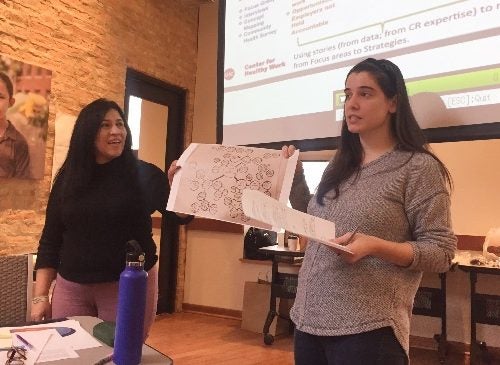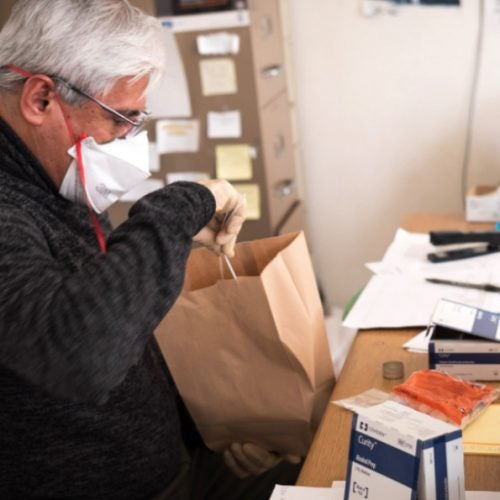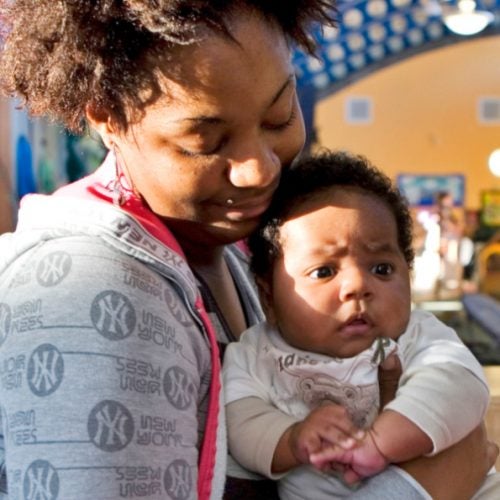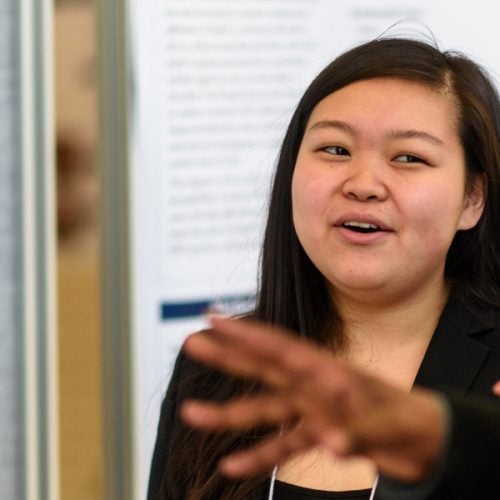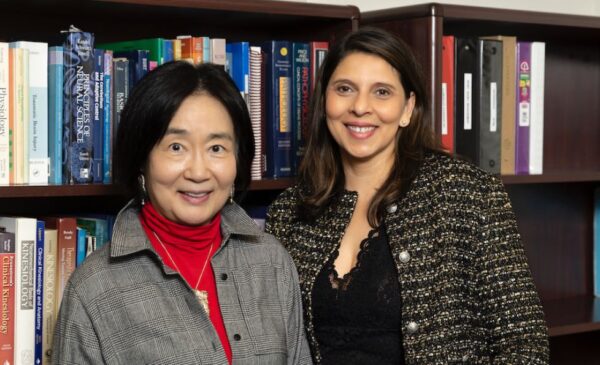With in-person and online options
The MPH concentration in community health practice and methods provides students with a scientific knowledge base, practical public health experience, and scientific research and writing experience. The MPH is directed toward students interested in public health practice and administrative positions. Enrollment can be on a full- or part-time basis. MPH students are admitted to the Comprehensive Program or to the Professional Enhancement Program (PEP) for experienced professionals with at least three years of paid public health or community health experience. This program can be completed, face-to-face, online, or in a combination of these formats. Learn more about the online option.
Other concentrations in the division of community health sciences require a separate application, including maternal and child health and maternal and child health epidemiology.
Program Contact Heading link
Next information sessions Heading link
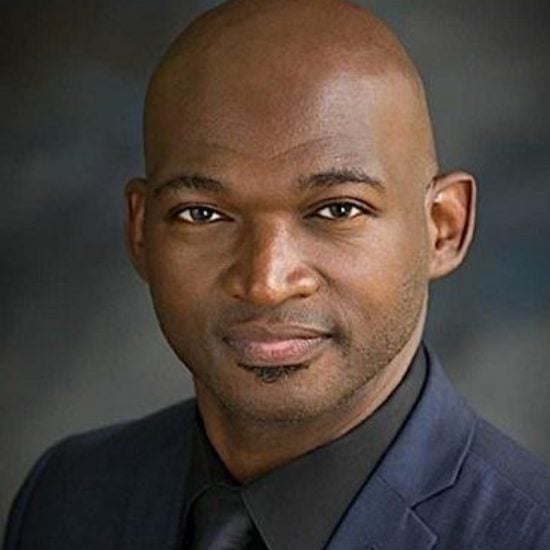
Alumnus named chief engagement officer for NIH research program Heading link
Karriem Watson, DHSc, MPH in Community Health Sciences ’10, was named the new chief engagement officer for the All of Us Research Program at the National Institutes of Health. The program is is an ambitious effort to gather health data from one million or more people living in the United States to accelerate research that may improve health.
Our faculty in action Heading link
Interpersonal violence in Kenya
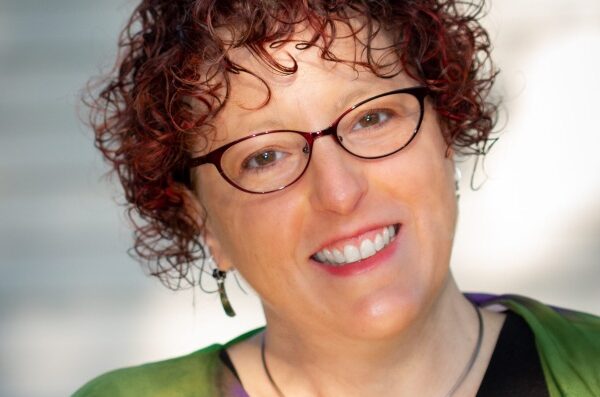
Among adolescent girls 15-19 years of age in Kenya, 35 percent report having experienced physical or sexual violence. Physical and sexual violence that occurs in during youth is associated with a wide variety of adverse outcomes, including increased HIV/AIDS risks, physical harm, and decreased psychosocial wellbeing and educational attainment. CHS professor Alisa Velonis is leading a global health study examining how violence and forced sex is associated with educational or mental health outcomes, in particular school absence and quality of life.
Chronic stress and race in cognitive decline
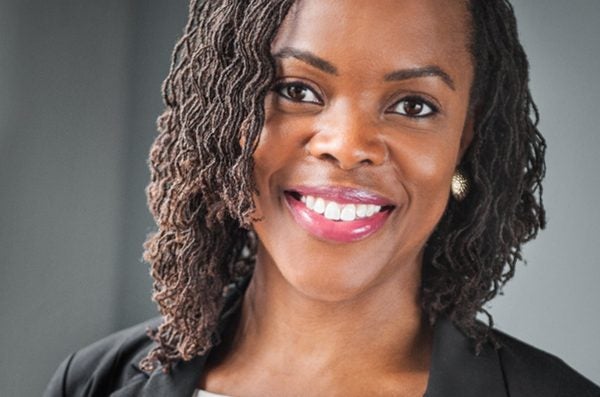
Racial and ethnic minorities carry a greater dementia burden than white people with a prevalence and incidence rate approximately two to three times higher among Black people than white people. Professor Uchechi Mitchell is leading a National Institutes of Health grant to study how elevated exposure to mid-life acute and chronic stressors experienced by ethnic and racial minorities impacts cognitive decline. The project aims to determine how mid-life availability of social resources influences the relationship between stress and cognitive decline.
Our community impact Heading link
